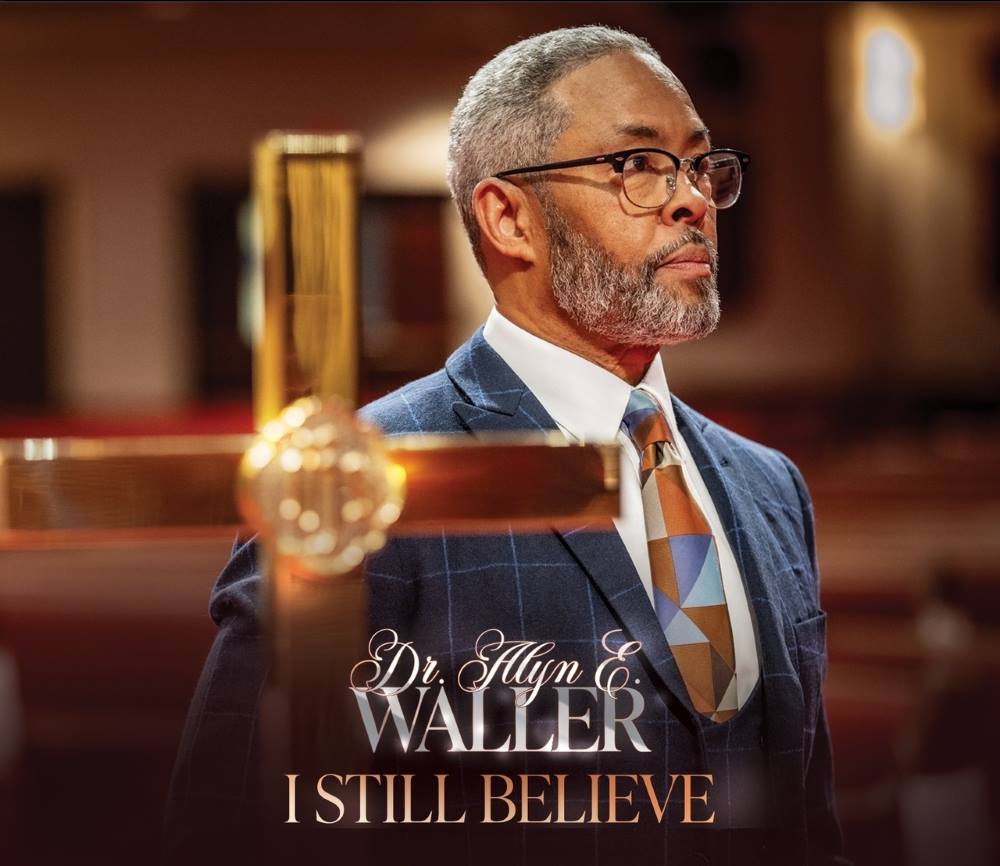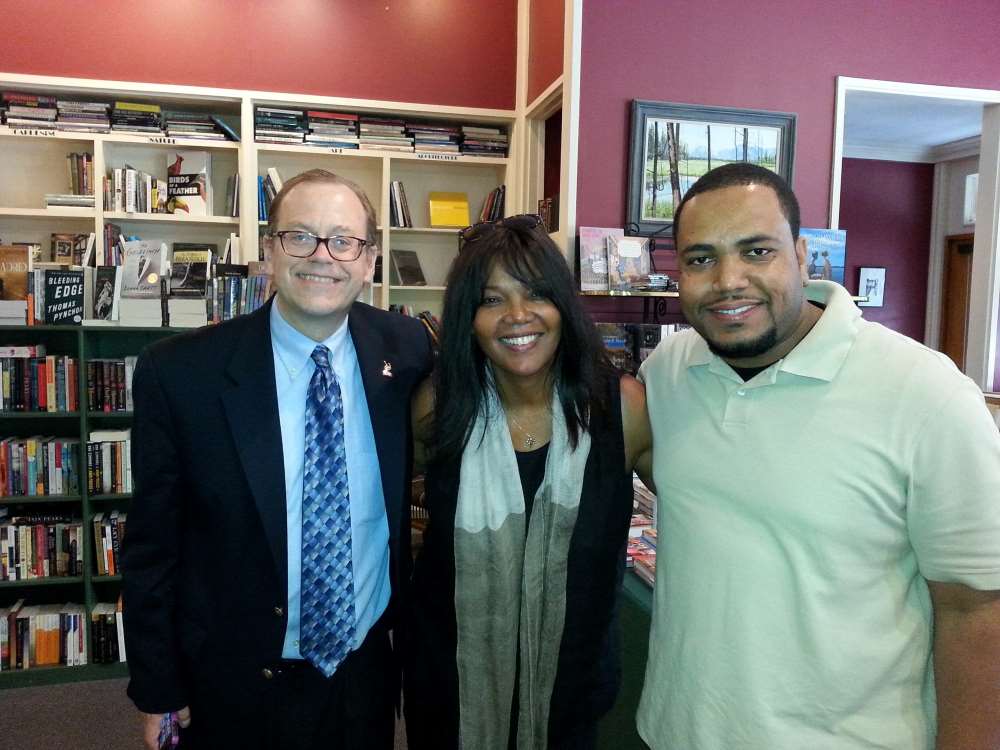Legendary pianists join, and the keyboards ring
By Aaron Cohen
Special to the Chicago Tribune
November 20 2004, 4:00 AM CST
About 80 years ago, a new kind of music shocked some churchgoers. The sound was called gospel blues and its creators, notably Thomas A. Dorsey, caused a stir because they brought tunes from Chicago streets to replace more staid hymns.
Friday’s second annual Piano Night at the Old Town School of Folk Music brought together legendary pianists representing the gospel and blues traditions. By the end of the night, the audience could get an idea of how that musical transformation happened.
Geraldine Gay became a gospel star in the 1940s and 1950s alongside her two sisters, Evelyn and Mildred (the Gay Sisters Trio). She is currently experiencing a higher mainstream profile as her performance coincides with her inclusion on the recent gospel compilation disc, “In the Right Hands.”
Another pianist who showed how he is defying time itself is Henry Gray, who worked alongside the great Howlin’ Wolf in the 1960s.
Pinetop Perkins, who has been playing blues piano since the 1920s, also reminded everyone of the sort of temptations that have always been a part of his music.
While Gay has always used her music to glorify faith, she includes blues and jazz to get that message across. As she performed with her brother, Pastor Donald Gay, on vocals, the churches that Dorsey visited did not seem like they were from such an earlier time. The Gays’ delivery remains uncanny. On such songs as “That’s What I Like About Jesus,” Geraldine Gay announced, and then spoke the lines as her brother sang them as if she were providing an ongoing commentary.
But the best part of their dialogue was how Geraldine Gay’s piano finesse shaped Donald Gay’s singing. Like many inventive jazz pianists, her lines made surprising shifts from the highest single notes to strong, sometimes rumbling, deeper chord progressions. Along with always keeping these leaps and descents in service of the songs, they also directed her brother, who moved with sharp agility from his speaking voice to a baritone shout.
On many of Howlin’ Wolf’s classic songs, Henry Gray’s piano lines sounded like they lent structure to the bandleader’s seemingly possessed vocals. But as the nearly 80-year-old Gray sat at the piano, his rasp proved that Howlin’ Wolf was not the only fine singer in that group.
While Gray is no shouter, his version of “Little Red Rooster” shows he knows how much he has to use to get his point across.
Gray’s mastery at controlling tempo was clear on his trio’s version of “Rock Me Baby.” The group was unhurried and, considering the meaning of the song, that’s how it should be done.
Perkins began his career in the Deep South, but he may be best known in Chicago for his role in Muddy Waters’ band—similar to Gray’s service with Howlin’ Wolf. And, like Gray, Perkins’ sartorial sense remains impeccable.
He performed an extended version of Waters’ “Got My Mojo Working” that delved into what was once called a boogie-woogie piano style.
Although Perkins’ apologized for the flu that affected his singing, his sweetly gruff voice did not need to be forgiven for anything.
Copyright © 2004, The Chicago Tribune
Written by : Bob Marovich
Bob Marovich is a gospel music historian, author, and radio host. Founder of Journal of Gospel Music blog (formally The Black Gospel Blog) and producer of the Gospel Memories Radio Show.










 Visit Today : 10
Visit Today : 10 This Month : 233
This Month : 233